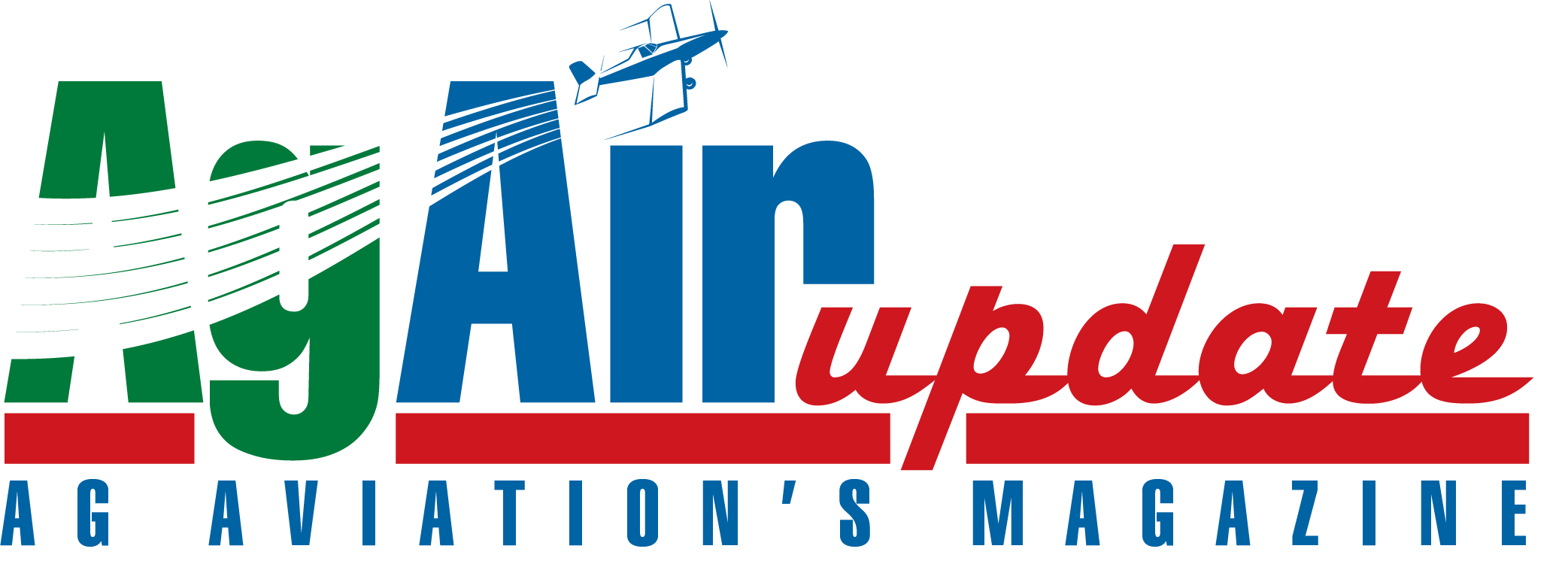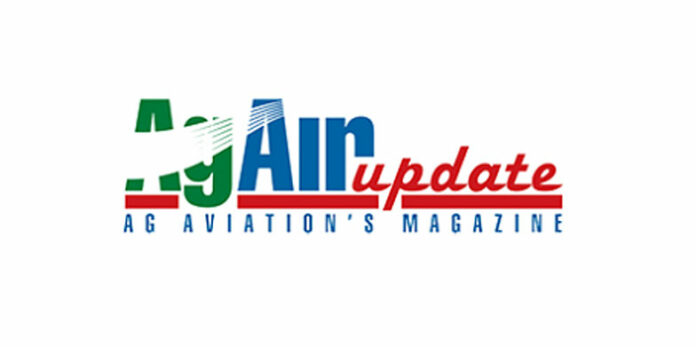Neurologic Medicine
Aeromedical Neurology, LLC
John D. Hastings, M.D.
6108 Bay Club Court
Rocky Point, FL 33607
Phone 813-421-4610
Fax: 813-200-1007
Board Certified: Neurology
Board Certified: Aerospace Medicine
11.Aug.2017
Neurological Consulting Aerospace Medicine Consulting
Dear Stakeholder,
I write regarding an issue impacting all of aviation and ask you to consider:
▪ The 10-year-old Young Eagle, a passion for aviation flowing in his blood, in whom ADHD was once questioned—denied medical certification after neurocognitive testing
▪ The student pilot, ready for solo, AME exam deferred upon disclosure of football head injury—denied medical certification after neurocognitive testing
▪ The aviation university pilot with a single DUI—denied medical certification after neurocognitive testing
▪ The private pilot with a history of head injury—denied medical certification after neurocognitive testing
▪ The commercial pilot, recovered from an aircraft accident—denied medical certification after neurocognitive testing
▪ The airline transport pilot following brain injury, other neurologic illness, training difficulty, failure to upgrade or line performance questions—denied medical certification after neurocognitive testing
▪ The airline transport pilot tested upon achieving age 60, denied medical certification after neurocognitive testing
Denied once and future flyers are lost to aviation, aviation organizations, commercial operators, airlines and pilot organizations. Loss of a wide-body captain at age 53 harms the airline and burdens the disability carrier. Dreams are dashed. Careers are precluded, painfully interrupted and not rarely ended. If true compromise of aviation-critical skills exists, denial of medical certification is justified, aviation safety protected, and no disagreement exists.
As with all tests in medicine, neurocognitive testing is subject to false-positive results. A false positive result indicates impairment is present when it is not, in neurocognitive testing wrongly inferring the presence of disqualifying aeromedically significant cognitive deficiency. Erroneous denial of medical certification from false-positive inferences harms the individual, all stakeholders and all of aviation.
The aeromedical neurologist has a duty to aviation safety and an equal duty to the applicant—to apply sound principles of medical science in determining eligibility for safe medical certification. Components of determination include a careful history, neurologic examination (with office cognitive screening), laboratory studies, imaging studies and when indicated comprehensive neurocognitive assessment. In the U.S., the FAA requires a “core battery” for comprehensive assessment (specifications published on faa.gov website), performed by an
FAA trained and approved Ph.D. neuropsychologist. In some ICAO states the airline simulator is used as opposed to office assessment.
Whatever the method, assessment of neurocognitive skills necessary for aviation safety must have validity—is the individual safe in the real world of flying? Office neurocognitive performance can be compromised by many variables leading to false-positive inferences. Included are fatigue, sleep deprivation, worry, test anxiety, distraction, test location time zone changes, individual approach to testing, financial stressors, family illness, home stressors and others. Another, critical factor is the individual’s native ability—the lifelong abilities brought to the testing. Educational abilities and achievement have important influence.
The aeromedical neurologist must synthesize all information in recommending aeromedical disposition. Reports of a CT scan, MRI scan, EEG or carotid ultrasound—none stands alone. Inferences drawn from neurocognitive testing must also not stand alone. They must be drawn only in the context of the entire body of information gathered. The individual is treated, not the test. When inferences do not fit, we must ask why, not just act upon them.
Clinical medicine, including regulatory medicine must be grounded in medical science. Methods of assessment of neurocognitive fitness to fly must have demonstrated scientific validity. Weaknesses, such as false positive results, must be identified and addressed. We must strive to avoid false-positive related collateral injury.
Medical opinion is the weakest form of evidence; light must be shed by science. In July 2017, a study was initiated at Oregon Health and Sciences University (OHSU) entitled “Assessment of Neurocognitive Fitness to Fly,” Fund No. 25216. This study will systematically review evidence regarding neurocognitive fitness to fly, evaluate quality of evidence, conduct dialogue and advance medical certification. All stakeholders interested in, affected by or potentially affected by neurocognitive fitness are invited to participate. Estimated cost of the study is $75,000.00. Tax deductible donations to the OHSU & Doernbecher Foundations can be made through the following link: http://support.ohsufoundation.org/NEUV17QNF
Please join this effort, both in funding and participation as a stakeholder when called upon. We and aviation need this study.
Sincerely,
John D. (Jack) Hastings, M.D. hastings79@gmail.com
Cell: 918-809-2040





